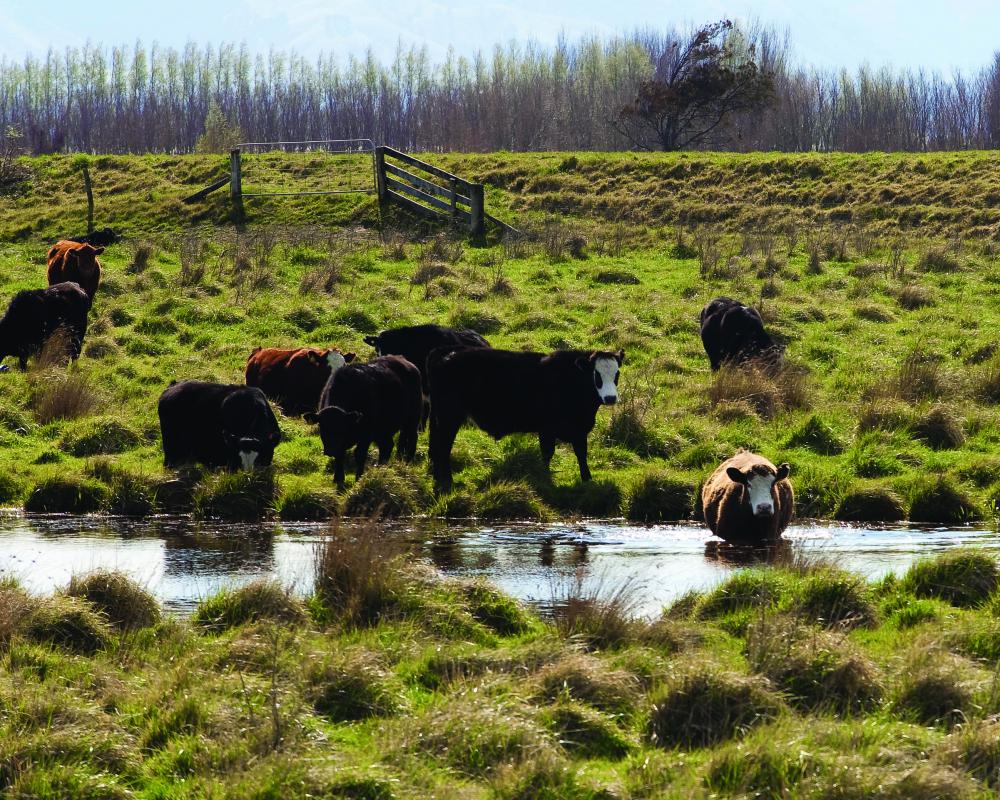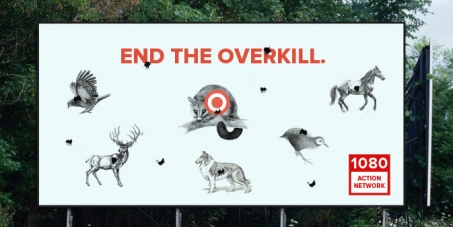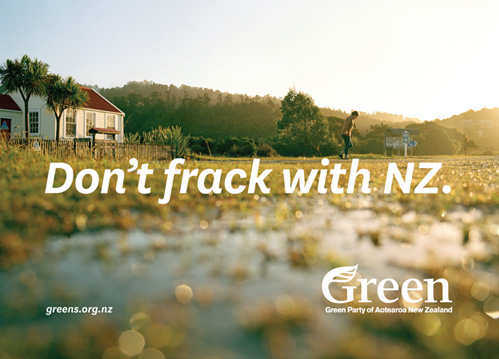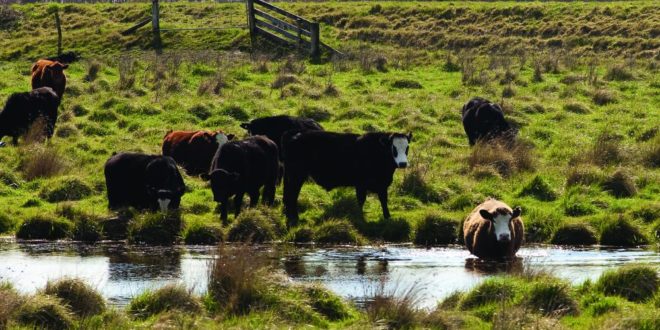OPINION: In some quarters “environmentalist” is a dirty word and that’s understandable when you see extreme environmental behaviours politicised kind of – them against the rest of the world – but in practice, it is not like that. Environmentalists are of widely differing types and come in all sizes and shapes. In a sense, we are all environmentalists even if we don’t know it.
People can have an environmentally friendly lifestyle without any conscious effort to do so because the choices they make just happen to be friendly to their economic wants as well as to environmental standards. And that really is the nirvana of where we would like to be – in a world where life choices are presented so that they automatically tick the environmental box as well as the economic box.
There is definitely a whole heap of unconscious environmentalists out there.
Sooner or later we are faced with making choices which have environmental consequences and that starts to separate the conscious from the unconscious environmentalists.
 An obvious example is buying a large engine, petrol or diesel car; which is larger than the family needs, because it looks good and it is convenient for family transport. That is a very common situation. In fact, one of the ironies of the current situation is that there is quite a buoyant market developing for Electric cars (which are very environmentally friendly) while the most popular style of car in the market as a whole continues to be the diesel driven SUV by a country mile.
An obvious example is buying a large engine, petrol or diesel car; which is larger than the family needs, because it looks good and it is convenient for family transport. That is a very common situation. In fact, one of the ironies of the current situation is that there is quite a buoyant market developing for Electric cars (which are very environmentally friendly) while the most popular style of car in the market as a whole continues to be the diesel driven SUV by a country mile.
There is a middle category of people – maybe most of us – who are conscious of environmental issues, and this includes many who consciously make environmentally friendly choices providing the cost of doing this is not too high – or it could be a presentation thing rather than a cost thing. Like all big populations, this is a large group with varying behaviours. At the “responsible” end (if I can put it that way) there are people for example who would gladly pay a small cost as a disincentive to the use of plastic bags.
Then there is a more environmentally committed group who make environmentally sound choices despite significant costs and other penalties. This group is also likely to be vocal if shops, for example, don’t provide the types of choices they want Politically a large part of this group would probably vote for the Greens. At least part of this group would belong to some kind of environmental organisation.
 At this level, there are some interesting situations that face businesses. Again, you do tend to get a range of behaviours and businesses are of course very conscious of the image they project which does influence what they do. In NZ a business situation which has hit the headlines and is likely to stay there is the case of dairy farming and the pollution of waterways. There is no doubt that this is happening and with obvious consequences in some cases – some farmers have been slow to act if at all, but there are also farmers who have gone out of their way to avoid environmental effects by protecting water ways and changing the way they manage their herds.
At this level, there are some interesting situations that face businesses. Again, you do tend to get a range of behaviours and businesses are of course very conscious of the image they project which does influence what they do. In NZ a business situation which has hit the headlines and is likely to stay there is the case of dairy farming and the pollution of waterways. There is no doubt that this is happening and with obvious consequences in some cases – some farmers have been slow to act if at all, but there are also farmers who have gone out of their way to avoid environmental effects by protecting water ways and changing the way they manage their herds.
This one is really interesting because there is tremendous pressure in both directions – in one direction to clean up our water ways by doing whatever it takes (different farm practices, smaller herds etc), and in the other direction to keep increasing the size of the national herd to gain the economic benefits that are there to be had. I think the idea of limits will eventually win the day and a lot of the increase in activity will move offshore.
 Finally, we come to the environmental activists. They will almost certainly belong to an environmental organisation – at the benign end in NZ to maybe Forest and Bird and at the other end to Greenpeace. There is a world of difference between the ends of this range. Forest and Bird is an effective organisation but it has a history of working inside the system where it can. The classic case is the 1080 campaign.
Finally, we come to the environmental activists. They will almost certainly belong to an environmental organisation – at the benign end in NZ to maybe Forest and Bird and at the other end to Greenpeace. There is a world of difference between the ends of this range. Forest and Bird is an effective organisation but it has a history of working inside the system where it can. The classic case is the 1080 campaign.
Organisations like Greenpeace, however, are not usually interested in working inside the system and are spectacular in opposing what they see as environmental harm. Activists at this level take physical action and are prepared to take physical risks. The Rainbow Warrior affair is an example of that. They are prepared to risk collateral damage to those who are not directly involved. They are also appear to be well funded.
So what kind of environmentalist are you?
Environmentalism
Environmentalism is the name for the larger cause to which environmentalists are loosely or fervidly committed. Environmentalism has very much come in “out of the cold” and is now part of the larger world political establishment. Environmentalism is at the heart of much of what the UN does the outstanding example at present being its commitment to reacting to the hypothesis of human induced dangerous climate change. But it is involved deeply in other environmental issues too.
 Politically environmentalism is deeply entrenched in Europe although how much this will be affected by the current swing to the ‘Right’ I don’t. In NZ, I would have to say Environmentalism is still on the fringe politically. The Green Party has never got above about 14% in the polls and I would be surprised if that changed in the near future.
Politically environmentalism is deeply entrenched in Europe although how much this will be affected by the current swing to the ‘Right’ I don’t. In NZ, I would have to say Environmentalism is still on the fringe politically. The Green Party has never got above about 14% in the polls and I would be surprised if that changed in the near future.
It could be said that environmentalism is one way of looking at the world and competes with the conventional economic view. It is possible that over time, and peaceably, the two views (there are other views as well) will coalesce. However, I doubt it. I think there are some fundamental differences in view which will persist.
By Bas Walker
This is another of Bas Walker’s posts on GrownUps. Please look out for his articles, containing his Beachside Ponderings.









Join the Discussion
Type out your comment here:
You must be logged in to post a comment.